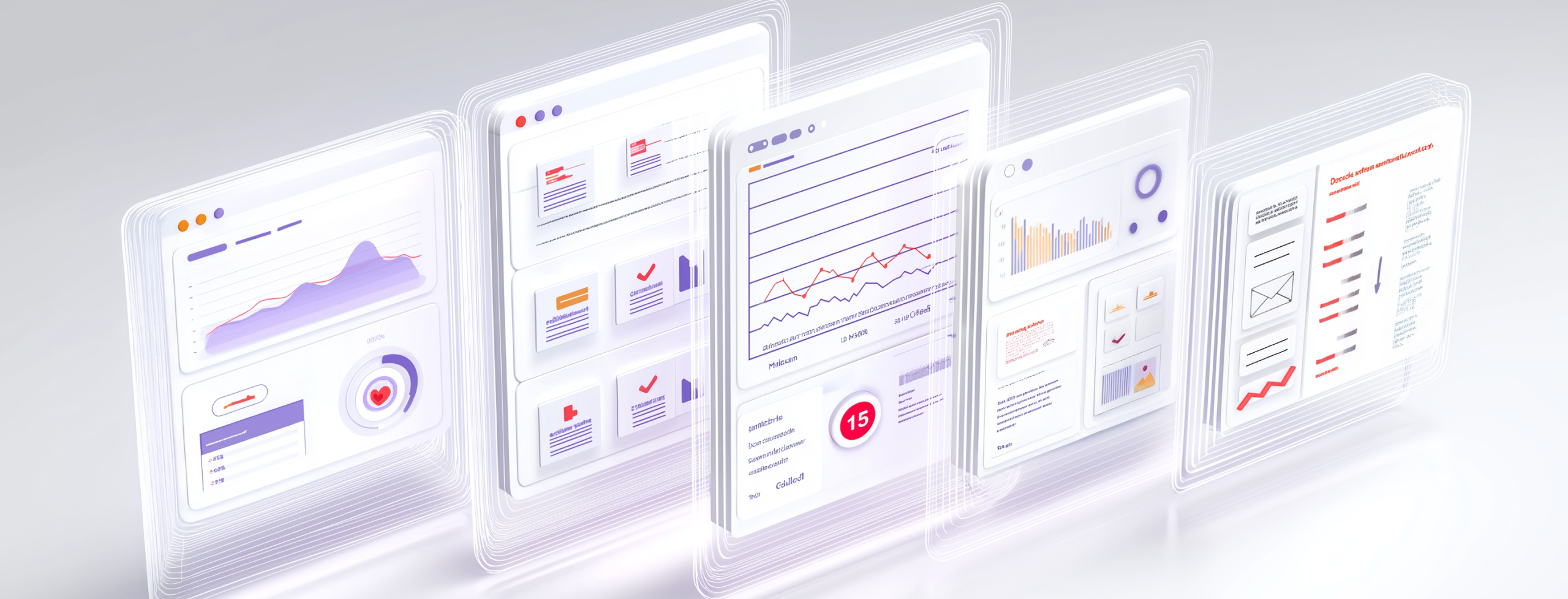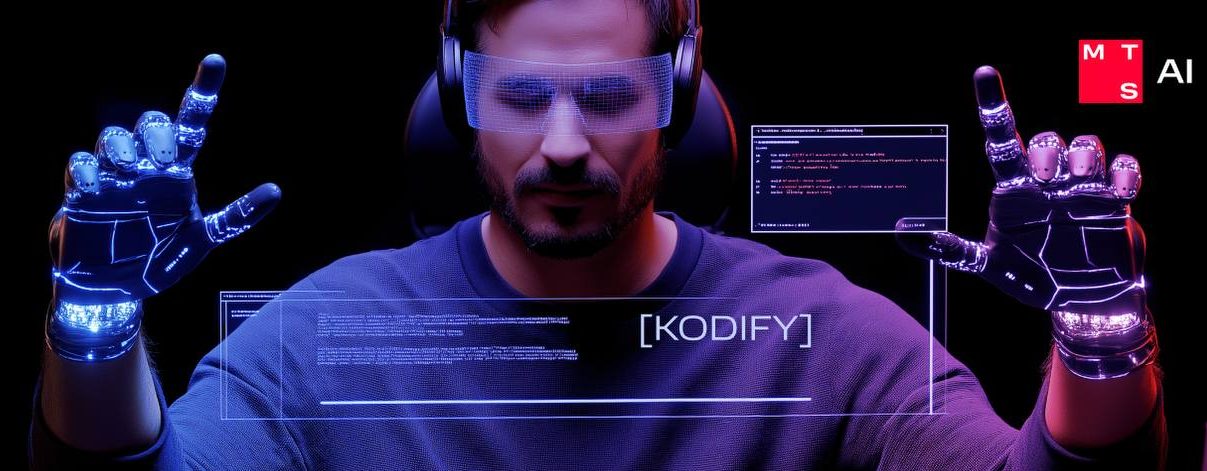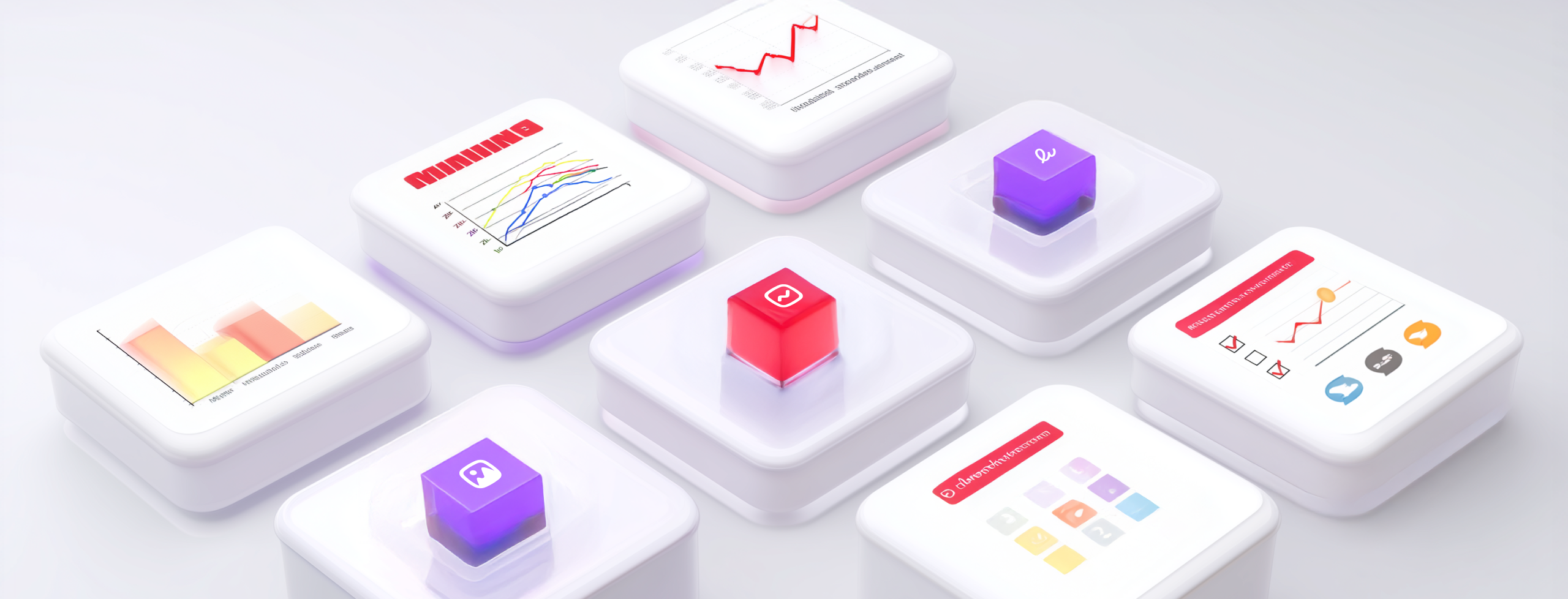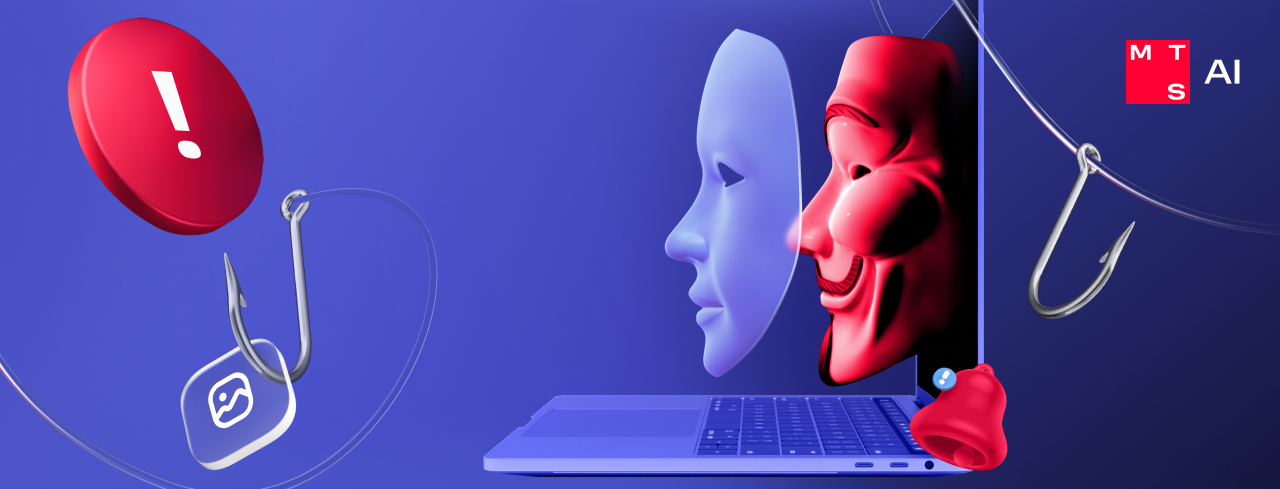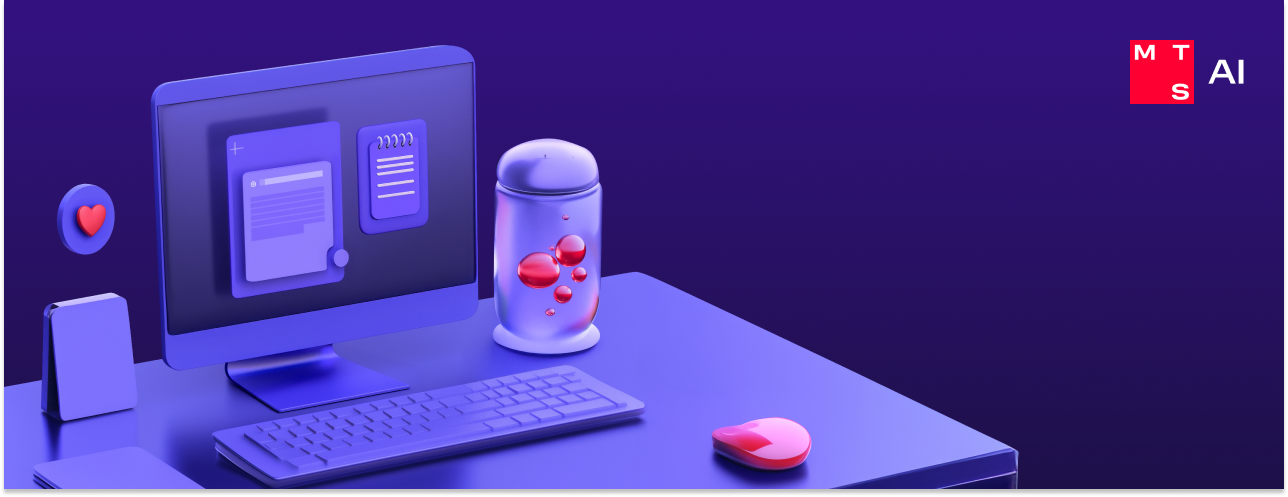AI assistants tell customers about new products and services, help pick a service plan, make an appointment with a doctor, and perform many routine jobs that people used to do.
Why do businesses need voice and chat bots?
Replying to thousands of customers in a matter of seconds and easily communicating with contractors and work fellows – all this is now real thanks to “smart” bots and voice assistants. AI-based technologies help them learn on the go and handle a wide range of tasks with no input from human operators.
Bots can tell users about your company’s new tariffs and services, schedule appointments with a doctor or other professionals, help online shop customers pick the right goods, replace a service desk specialist, and even do small talk.
AI assistants may be useful for all sorts of businesses, including e-commerce, telecom, banking, b2b, healthcare, real estate, and many others. The demand for these services is only expected to grow.
According to Servion Global Solutions, artificial intelligence will power 95% of communications between customers and businesses by 2025.
Both large corporations and small and medium-sized businesses take interest in AI assistants. These bots can be deployed on any platform, including websites, applications, messengers, and even call centers.
Voice and text bots help businesses tackle multiple tasks at a time:
- a company can stay in touch with its customers 24/7 on weekends and even on holidays;
- AI assistants can engage in hundreds of dialogs at once;
- they gather information about user queries and record all conversations to improve their communication skills in the future;
- bots and voice assistants help cut the cost of running hotline operations and save employees the time to handle routine tasks.
Customers are also looking for a quick and easy way to communicate with businesses. In a HubSpot Research survey, 90% of respondents said that prompt replies in chat rooms are one of the key measures of good performance of a company’s help desk service. Talking to a human or a bot is often not an issue for users – what matters more is getting their problem solved fast.
How MTS AI solutions help business automate communication with customers
MTS AI solutions – Audiogram, NLP Platform and Voice Analytics – enable quick development of voice and chat bots and scenarios for customer communications, and Voice Analytics speech analytics identifies the most effective of them.
Audiogram is a speech synthesis and recognition module based on neural network technologies that helps bots understand the person on the other end, and start speaking like a human. Audiogram functions include real-time speech-to-text conversion and vocalization of text using a preset voice with specified parameters (intonation, rate of speech, and accentuation).
The solution is easy to roll out in any company’s operations. It is supplied as software code and supports standard data transfer protocols (gRCP and MRCP) used for services like speech recognition and synthesis.
Audiogram is integrated with NLP Platform – a service that automates customer communication through natural language processing. It enables the customer to independently develop bot-to-user communication scenarios and roll them out quickly with the help of ML tools and “classic rules”.
Audiogram and NLP Platform can be used to create voice and text bots with a variety of functions. These include:
- voice assistants to Smart Home systems and smart speakers that can converse on different topics, answer philosophical questions and respond to any queries, from starting apps and services to turning off the lights;
- AI operators that advise clients on different issues related to the company’s goods and services;
- mobile secretaries that handle incoming calls and send reports to the user;
- robots that do voice-over of books and articles for websites and electronic libraries.
The NLP Platform has a built-in voice analytics module. It is a speech (written and verbal) analysis solution that helps identify patterns and optimal customer communication scenarios and improve performance of both human operators and voice assistants and chat bots. Voice analytics tool converts verbal communication with the customer into text and creates reports based on selected parameters. It uses high-precision ML tools not only to record the conversation, but also to generate recommendations on improving communication skills. Voice analytics tool helps minimize the cost of processing the text and audio data, improve customer experience and eventually increase the company’s profits.
Where the voice assistants developed with MTS AI’s Audiogram and NLP Platform are already used?
Voice and chat bots developed using MTS AI solutions are already deployed within the MTS ecosystem.
Smarty chat bot talks to MTS subscribers over the mobile app and answers various questions of users who visit the Moscow and St. Petersburg pages of the company’s website. Smarty also offers consultations to visitors of the Moscow City Telephone Network portal.
A chat bot designed for MTS Bank talks to users on the bank’s mobile application and website. Another AI assistant handles B2B customers.


